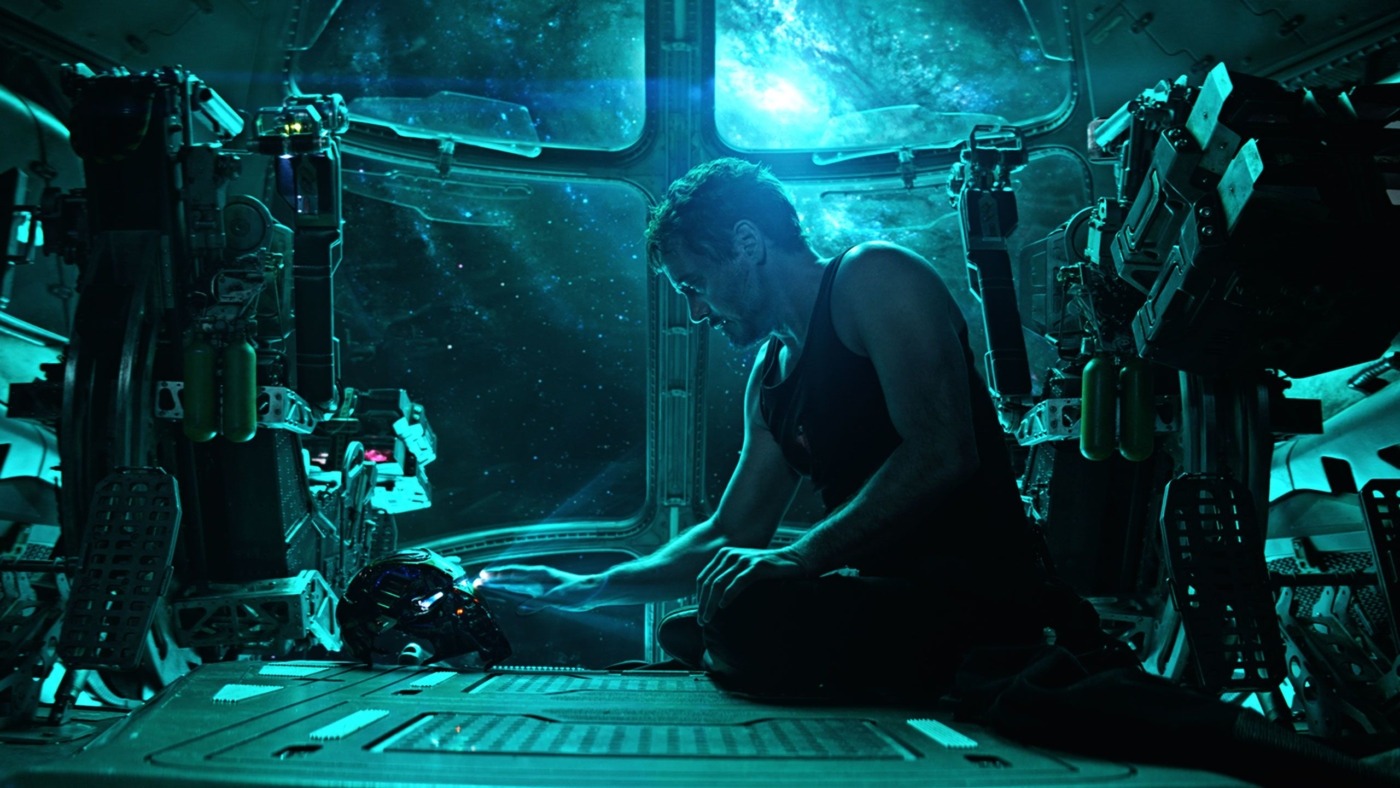Is there value in the MCU?
Given Marvel’s dominance of the cinema industry over the past decade, you’d be forgiven for thinking that the MCU and cinema were almost synonymous. But this assumption has been challenged after an interview with iconic director Martin Scorsese, who has suggested that Marvel films aren’t cinema at all, prompting a huge debate both online and amongst the filmmaking community. What is cinema, then, and is there any value to the MCU?
Scorsese was speaking with Empire magazine, and was asked whether he watched Marvel films. His response: “I tried, you know? But that’s not cinema. Honestly, the closest I can think of them, as well made as they are, with actors doing the best they can under the circumstances, is theme parks. It’s isn’t the cinema of human beings trying to convey emotional, psychological experiences to another human being.”
Given Marvel’s dominance of the cinema industry over the past decade, you’d be forgiven for thinking that the MCU and cinema were almost synonymous
The backlash was quick, with many MCU cast and crew responding to Scorsese’s comments. Director James Gunn said he was “saddened” that one of his favourite directors was slating something he was part of making, and Samuel L. Jackson noted that “everybody doesn’t like [Scorsese’s] stuff either”. Robert Downey Jr. reacted in a light-hearted manner, saying that he doesn’t see how Scorsese could argue that MCU aren’t cinema, but adding that he “was happy to be part of the ‘problem’ if there is one”.
How can we determine whether a film is cinema? One potential solution to looking at the Oscars, supposedly given out to recognise true cinematic achievements (whether or not they do is another piece entirely). The MCU frequently racked up Oscar nominations, typically for visual effects, although it never won any until its three Oscars for Black Panther. But, if we’re being honest, we’re aware that this was more down to the hyped-up cultural significance of the film rather than any cinematic accomplishment, to the extent that the Academy was looking at introducing a Popular Film Oscar to allow it some recognition.
Frequent criticism has been levied at the MCU films for being factory products, cookie-cutter in their approach and, much though Marvel fans may protest, there is some truth in that
Kevin Feige, the head of the MCU, addressed this criticism last year: “Maybe it’s easy to dismiss VFX or flying people or spaceships or billion-dollar grosses. I think it is easy to say that you have already been awarded in a certain way. Hitchcock never won best director, so it’s very nice, but it doesn’t mean everything. I would much rather be in a room full of engaged fans.” It’s a fair point, but I don’t think any Marvel film boasts the personality of a Hitchcock picture.
Frequent criticism has been levied at the MCU films for being factory products, cookie-cutter in their approach and, much though Marvel fans may protest, there is some truth in that. They sacked Edgar Wright for trying to bring his individuality to a directing job – things have to fit into a larger picture, they all have to boast a certain style of humour, they all have strong producer control. The only way to churn out two or three films a year and have them be consistent is, essentially, to produce an MCU factory line.
Maybe the MCU isn’t cinema as we’ve understood it, but it’s reshaping what cinema is
However, production style is a style, and an MCU film is recognisable as such. But perhaps we’re clinging to an outdated idea of cinema, in which it’s individual films and the stories they tell that count, but the success of the MCU has changed that. Is it a fair argument to say that Marvel films don’t convey ‘emotional, psychological experiences’? Probably not, but they’ve reshaped how to do that. Tony Stark’s journey doesn’t belong to an individual film, but instead passes through 19 films. Maybe the MCU isn’t cinema as we’ve understood it, but it’s reshaping what cinema is – look at how many cinematic universes have emerged in the past ten years for proof of that. It is arguable that the MCU as a whole is more than the sum of its parts.
Researching this piece, I saw a comment that suggested MCU films were like hamburgers, whereas Scorsese’s films were like a fine steak. There’s a time and a place for them both, and you can enjoy them both in their own way, but they are fundamentally different things. And that is, I think, a fair encapsulation of my own view on the subject – for all their spectacle and the fun I have watching them, I don’t see audiences loving the individual MCU films in 50 years’ time as we do Casablanca or Vertigo. But maybe that’s not the point – and maybe we should just accept them as fun blockbusters and nothing more. That’s one of the true joys of cinema – if you can connect with it and appreciate it, that’s often all you need.

Comments